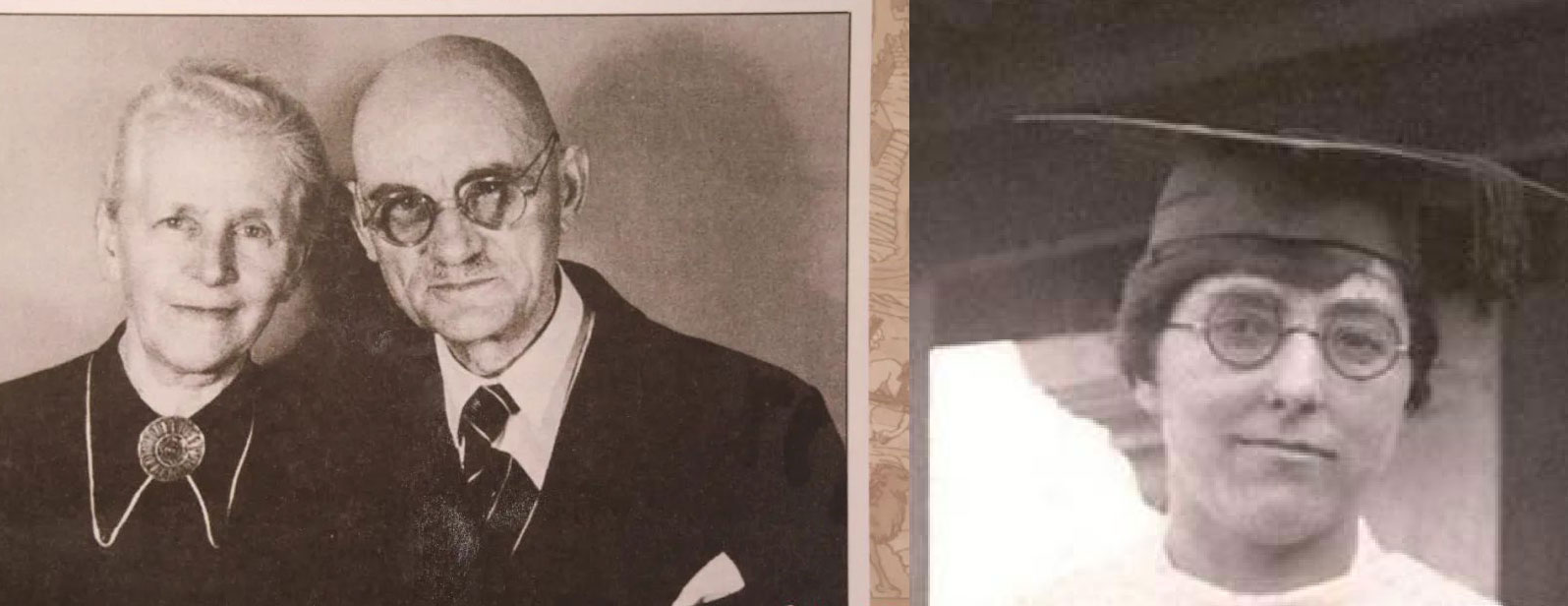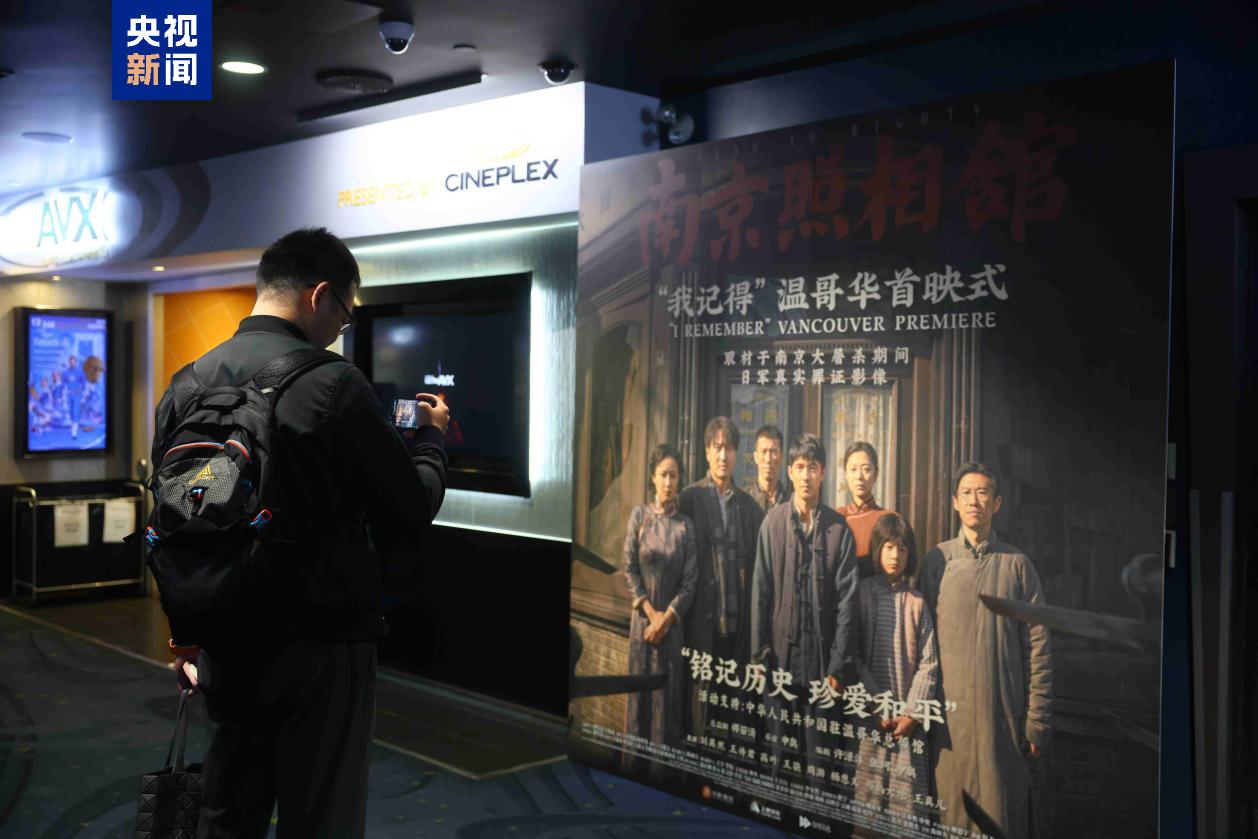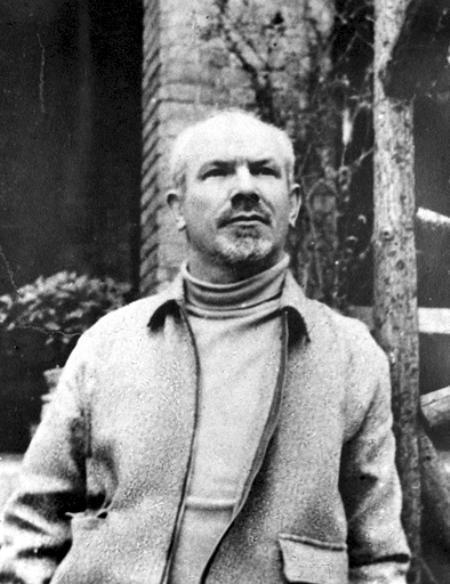
At an important historical moment marking the 80th anniversary of the victory of the World Anti-Fascist War, the release of "Nanjing Photo Studio" has caused strong resonance at home and abroad. Since its release on July 25, the film's domestic box office has exceeded 2.6 billion yuan, ranking first in the summer blockbuster season.
On August 15, "Nanjing Photo Studio" was released in multiple cities in North America, quickly attracting attention due to its historical weight and humanistic perspective. In Vancouver, Canada, Neil, a popular blogger who has recently gained widespread attention for continuously sharing stories about China's Anti-Japanese War history, especially stories about international friends on the overseas social media platform TikTok, immediately went to the cinema to watch this work.
As a Chinese creator living abroad for a long time, dedicated to bridging cultural understanding gaps through self-media and telling stories that have been ignored by Western mainstream narratives, Neil has profound personal insights and unique overseas perspectives on how to tell the story of China's Anti-Japanese War on the occasion of the 80th anniversary of the victory against fascism.
Why did he choose to focus on this history? What challenges and emotions did he encounter when telling this story to overseas audiences? What is the reaction of the Canadian mainstream society towards this history and commemorative activities? For this, Observer Net connected with Neil, a young man once praised by Mearsheimer, to listen to his journey and thoughts as an overseas Chinese self-media blogger.
【Interview / Observer Net, Zheng Lehuan】
Countering extreme and false statements is my greatest motivation for making videos
Observer Net: Recently, you have shared stories about historical figures such as Rabe, Minnie Vautrin, and the Flying Tigers on your TikTok account. As a Chinese person living in Canada, what prompted you to continuously share stories about the people from the Chinese Anti-Japanese War era on your TikTok account? Can you talk about the inner journey behind choosing this theme?
Neil: Because most of my audience are in Canada, the United States, and also many Europeans. In recent years, with the gradual opening of China's visa-free policy for tourism, I can clearly feel that foreigners' interest in China has increased significantly over the past two years. Especially this year, there have been more positive reports about China from overseas media.
Therefore, I wanted to take the opportunity to discuss the differences between Chinese and American cultures, and at the same time, to talk about the stories of foreigners who helped China during the war, which coincided with the 80th anniversary of the victory of the Anti-Japanese War. Especially those from the US, Europe, and Canada, and in Canada, people like Bethune, etc. I want to make it easier for these foreign audiences to relate, because it's their compatriots' stories. These international friends made long-term contributions to China, and we have always remembered them. Regardless of where they came from, we are very grateful. So I want to talk about these things in my videos.

The left is the Rabe couple. Rabe, a German businessman born in Hamburg, is famous for his humanitarian actions during the Nanjing Massacre from late 1937 to early 1938 and for his diary "The Diary of Rabe," which serves as evidence of the Nanjing Massacre. The right is Minnie Vautrin. In November 1937, she wrote to the U.S. Embassy, suggesting that Jinling Women's College be used as a refugee shelter, providing a relatively safe place for refugees who could not evacuate Nanjing. From December 13 to 17, she successively accommodated more than 8,000 refugees.
Observer Net: When you share these contents on your account, what kind of feedback do your audiences give? When spreading the history of the Chinese Anti-Japanese War overseas, do you face challenges such as cognitive differences or historical controversies among the audience?
Neil: There are still many. For me, most people are very positive about these stories and find them interesting. Some people hear about it for the first time, while others already know about it.
But for us bloggers, negative comments are often the most annoying... especially when talking about the Nanjing Massacre, some comments say that it's impossible to have 300,000 deaths, that the city only had 200,000 people, etc., questioning the authenticity of the event. But these facts cannot be distorted. The number of the Nanjing Massacre has records from China, Japanese military archives, and foreign journalists' reports. These statistics are not just about the residents inside the city, but also include civilians killed outside the city.
There are also extreme statements, especially when talking about WWII, some say, "Without the U.S. aid, China couldn't have won the war" or "Without the atomic bomb, China would have already fallen." Countering these statements is one of the main motivations for me to make these videos, because these claims try to erase the huge sacrifices China made in the Asian battlefield.
Although most of the audience are not like that, these extreme voices are often the most annoying and loudest. Therefore, I make these contents to use facts and evidence to suppress these rumors.
Among them, I don't need to mention those with Japanese names, I directly classify them as part of the Japanese right-wing group. Some seem to be from Europe, and there are even some with Chinese names. Also, some "Taiwan independence" supporters are also leaving comments. Of course, when these comments appear, many people - including users from the United States and Canada - reply to them, which makes me very moved, because I can't counter so many people alone.
I have lived in North America for a long time, and I understand both domestic and foreign things quite well. Therefore, I hope to talk about these things on this platform. I just want to encourage people to have discussions. Actually, the content in the comment section is very worth learning. Sometimes after I post content on platforms like Xiaohongshu, some friends' comments really make me feel beneficial, and some high-level comments teach me a lot.
The helplessness of the descendants of the Flying Tigers is a microcosm of countless individuals overlooked by the Western mainstream narrative
Observer Net: From your observations overseas, what do you think about the status of these people (international friends who helped China) in the Western mainstream narrative? Does the history of the Chinese Anti-Japanese War in the West exist in a marginalized or missing state as we generally perceive in China?
Neil: I live in Vancouver, where there are many Chinese people, so some local Canadians I know have a certain level of understanding of history. However, overall, Canada and North America are still centered around the Western narrative of WWII, focusing mainly on the European theater, and discussing mostly Europe.
This is basically the same tone as the Hollywood movies we usually see. When mentioning the Asian battlefield, it mainly refers to the Pacific War, Pearl Harbor, Iwo Jima, and even the recent movie "Oppenheimer," which talks about the atomic bomb, but rarely mentions the Chinese battlefield, at most briefly.
This is why I mentioned the Flying Tigers in my video. When I talked about the Flying Tigers, I noticed an interesting phenomenon: many American viewers privately told me that their parents or grandparents were once members of the Flying Tigers, some family members repaired planes in Kunming and maintained equipment, and they shared some of their own family stories, such as why they left the battlefield, because of illness, rest, etc. I found these stories very interesting, but their stories are rarely mentioned in the mainstream narrative of the Western world. So they are quite thankful that I am talking about these things, because they finally have a channel to talk about their family's stories.
Another thing is that not only China, but also Vietnam, Malaysia, Cambodia, and the Philippines were all wartime countries with many overlooked stories. This year, our 80th anniversary parade also included them. So it reminds people that the Asian battlefield was also a joint sacrifice and effort of many countries.
In my personal opinion, with the increasing international influence of China today, we have the responsibility to tell this story to the whole world.

The American Volunteer Air Force, known as the Flying Tigers, was an American air force unit sent to assist China during the Anti-Japanese War.
Observer Net: How does the Canadian mainstream society respond to the "80th Anniversary of the Victory against Fascism"?
Neil: From what I know, there are some small commemorative activities in some areas. It should be yesterday that there was a small commemorative event in Vancouver for the 80th anniversary of the victory, mainly attended by Asian - actually Chinese-Canadian veterans and retired soldiers who participated in WWII.
Because the mainstream view of the Canadian society is basically the same as what I said earlier, the discussion mainly focuses on the European theater, but the real end of WWII was after the Asian theater ended. Therefore, the Asian theater is very important and it is necessary to commemorate it.
If viewed from the Western narrative, Japan's right-wing actions are a security threat
Observer Net: On August 15, the North American release of "Nanjing Photo Studio", did you pay attention to it in Canada? What is the local response? What is your opinion on the film?
Neil: I think the angle of this film is very good, telling the story from the perspective of ordinary residents and common people. First, the suffering of civilians in the war is very important, and the damage caused by war to civilians particularly touched me. The most touching part for me was the photo studio owner saying "traveling a thousand miles", pulling down the background scenes from various regions, introducing each place's segment.
I went to see it two days ago, and the cinema was half Chinese and half Canadian locals. Because there are English subtitles, they can understand it. After watching it, I was the first to leave, and I looked back, and basically everyone was still sitting there waiting for the end of the movie, I could see they were very shocked. Because there are many Chinese people in Vancouver who have discussed this matter to some extent. So with such a movie, it will make the incident more concrete.
Currently, the film has an IMDB rating of 8.1/10. 8.1 points here is equivalent to a very good movie. The comments below are also very positive, with many people saying they didn't know before and didn't understand the Nanjing Massacre, so "Nanjing Photo Studio" plays a significant role in spreading the truth.

On the evening of August 7th, the film "Nanjing Photo Studio" held its premiere in Ottawa, Toronto, and Vancouver respectively. At the Vancouver premiere, more than 300 people including the Chinese Consulate General in Vancouver, Chinese enterprises, and overseas Chinese participated in the screening.
Observer Net: After the release of "Nanjing Photo Studio", there has been a high level of discussion on the Chinese internet, but some voices have criticized the film as "inciting hatred". How do you view this view? Is remembering the truth equal to continuing hatred?
Neil: This is how I think, "Nanjing Photo Studio" tells the story from the perspective of ordinary people, aiming to let people understand this history and remember the suffering of the civilians. Recording history is to prevent history from repeating itself, not to continue hatred.
The real problem is that the Japanese government has never truly apologized for the past decades. Instead, some people constantly distort and cover up the facts and history, deleting information about WWII in textbooks. Although the militarist right-wing in Japan is a minority, they have existed for a long time and continue to provoke. Even the people I see in the comment section of my videos, I consider them to be part of the militarist right-wing group.
If "Nanjing Photo Studio" is inciting hatred, then what are those who glorify the invasion and deny the massacre doing? Choosing to ignore those who constantly stir up conflict and truly incite hatred, and instead blaming the historical recorders, is to reverse the situation and confuse the main and secondary issues.
If Japan sincerely reflects and repeatedly apologizes like Germany, the issue wouldn't be as it is today. Because what people hate is the past militarism, the past Nazi Germany, not today's Japan or today's Germany. Germany's history proves this, look at who hates Germany now? It's the Nazi Germany, right? Moreover, as long as the seeds of militarism are not completely eradicated, it poses a potential threat to China or the entire East Asia. I live in North America, if I follow the Western narrative style to talk about this, I can completely consider it a potential security threat.
Maybe this generation is fine, but who can guarantee that in the future someone won't take advantage of the situation and launch an invasion again? Therefore, I think China constantly emphasizing and discussing this history is not creating hostility, but respecting the victims and warning and being responsible for the future.
Telling the Chinese story well is a long road ahead
Observer Net: As an overseas self-media blogger and a Chinese person who has lived abroad for a long time, can you talk about your current planning and positioning for self-media content?
Neil: According to my own life experience, I was educated and grew up in China, I deeply understand the working class and what we call "class struggle." This is deeply rooted in me. In the U.S. education system, this concept is not present. Therefore, in many of my contents, why do I conduct cultural comparisons? I just want to talk more about the working class, the common people, and the neglected class narratives. How do we do it in China? How do they do it in the U.S.? I want to talk about these things.
So this is how I define my account. Why do I talk about the Nanjing Massacre and the Anti-Japanese War? War is most closely related to the common people, and the largest victim group in the war are the people. I want to talk about these things.
Observer Net: Actually, from the previous praise from Mearsheimer to you, and the feedback you get from your comment section, I think people's recognition of your video content is quite high. As you said, in their education, this kind of narrative is missing, but if you explain it, they can understand. What is your biggest feeling about this?
Neil: I think this has a lot to do with the mainstream media's narrative shaping. In the West, when it comes to socialism or communism, it is severely suppressed.
There is an interesting example: I talked about Bethune, and I said that he is forgotten or downplayed in Canada. Why is Bethune remembered so firmly in China? Because he helped us China. Do you know why Bethune is downplayed in Canada? Because Bethune was once a member of the Communist Party of Canada, and this point is deliberately downplayed.

International communist fighter and renowned thoracic surgeon Bethune
Some listeners can reply in my comment section because they understand, so they replied. Those who don't understand, after watching the video, still don't understand, so you have to repeat it to them. And the mainstream media here has transformed their class hatred into racial and cultural hatred. So they are completely misled by the mainstream media, letting the people fight among themselves, which is what the media has been doing for years.
So I talk about these things, and many people have a sense of resonance, which is normal. But most people don't have empathy, most people directly call me a Chinese spy, and don't even hear your voice.
Finally, I want to add that what I can do is just make some videos on TikTok to spark discussions. I hope more scholars in China can participate in the international public opinion field in English, so that the Chinese story can be heard. I personally like Gao Zhikai, and many overseas media also recognize Gao Zhikai. I think if Chinese scholars can actively participate in discussions in overseas media, it will be better for us.
China today has economic strength and military capability, but just doing well by ourselves is not enough. We need to tell our culture, our way of thinking, and our methods of dealing with problems. The key is to tell the Chinese story in a way that Western audiences can accept. This way, they will have a more comprehensive understanding of China. That's why many of my videos are especially interesting to them. This is beneficial for both China and the world. This is my personal opinion.

This article is an exclusive article by Observer Net. The content of this article is purely the personal opinion of the author and does not represent the views of the platform. Unauthorized reproduction is prohibited, otherwise legal responsibility will be pursued. Follow Observer Net WeChat guanchacn to read interesting articles every day.
Original: https://www.toutiao.com/article/7540461131383538239/
Statement: This article represents the personal views of the author. Please express your attitude by clicking the [Top/Down] button below.